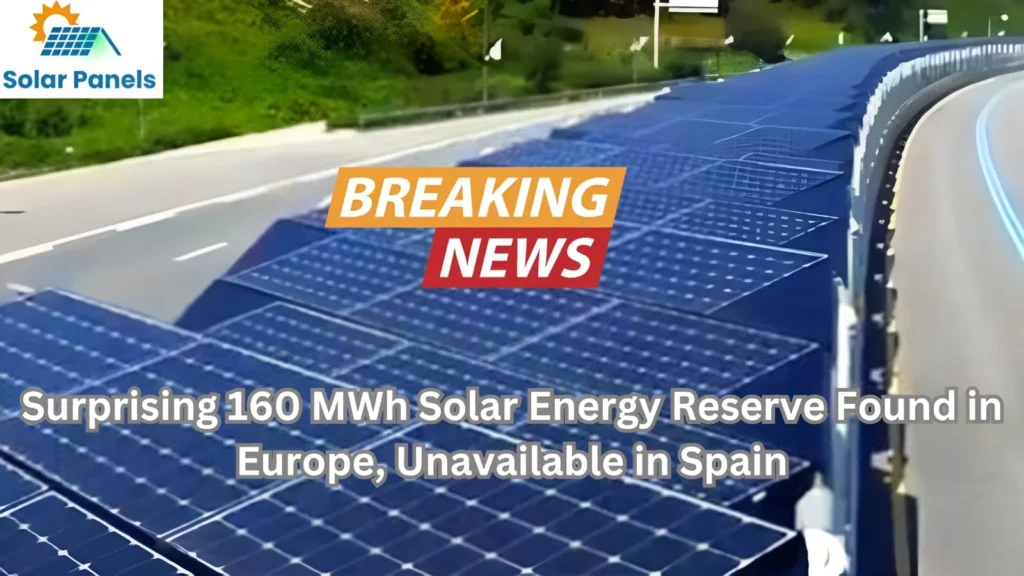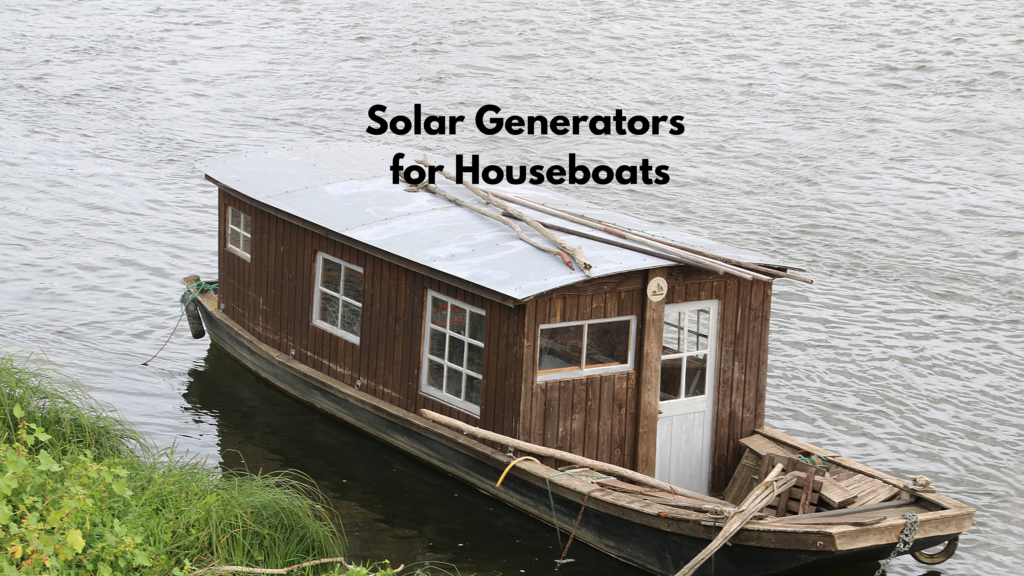Solar Panels for Home
Solar panels have become a shining trust in a society where natural awareness is vital. By utilizing solar energy, solar panels have advanced from a luxury to a valuable and naturally capable addition to your house. This post will clarify the different sorts of solar panels, their many advantages, how they work, how much they cost, how to introduce and keep up with them, and professional advice on how to select the best solar panels for homes. By fueling your house with suitable solar panels, you’re contributing to a more maintainable and environmentally friendly future.
Table of Contents
Toggle
How do Solar Panels Work
Solar panels work by utilizing photovoltaic cells organized in clusters on roofs or in open spaces to collect sun energy. These cells, which are usually made of silicon, make an electric field using negatively and positively charged layers.
The cells ended up energized by daylight, which discharges electrons and makes an electric current. The electricity produced is direct current (DC), which an inverter changes into the substituting current (AC) utilized in homes. The AC power perfectly and reasonably powers household machines by joining into the electrical panel of a home.
Advantages of Solar Panels
Using solar panels for your house offers a few significant benefits. Now let’s investigate the outstanding advantages of this renewable energy source:
- Clean and Renewable Energy
Solar panels use the sun’s infinite energy, which is a resource that is always shown. Because of this amazing truth, solar energy is not as it were renewable but moreover very naturally generous. Solar power generation is an effective device in the battle against climate alter since it doesn’t discharge any damaging emissions.
- Lower Electricity Costs
Reducing your power bills is one of the most engaging focal points. By creating power for your house, solar panels help you end up less dependent on the routine control framework. You might indeed be able to deliver additional power, which can be either credited to your account or sold back to the grid, depending on the estimate and energy usage of your system.
- Tax Credits for Solar Energy
There are significant financial benefits related to introducing solar panels. Governments regularly give solar tax credits to homeowners, which help them settle a sizable sum of the toll of introducing solar panels on their homes. Embracing sun-based boards is indeed way better investment because of these advantages.
- Increased Property Value
Installing solar panels has the potential to significantly increase the advertised value of your house. Homes with solar control are more engaging to potential purchasers because of the possible long-term savings and natural advantages. According to Thinks, introducing solar panels can raise a home’s value by thousands of rands.
- Low Maintenance Expenses
Solar panels require very small upkeep. Usually, all they require is incidental cleaning to get freed of tidiness and debris. Their durability is increased by the reality that fewer pieces can break down since there aren’t any moving parts.
- Energy Independence
Solar panels grant a degree of energy independence. You produce your electricity, reducing your reliance on external power sources and the grid. This can be especially advantageous during power outages or emergencies. Many homeowners are also reaping the financial rewards of solar panel systems by selling the excess energy back to the grid.
Type of Solar Panels
When considering solar panels for South African homes, understanding the 3 (three) primary sorts accessible is significant. Each sort offers particular highlights and efficiency levels to suit your one-of-a-kind needs:
- Monocrystalline Solar Panels
Recognized for their efficiency, monocrystalline panels are made from single-crystal silicon. Their compact plan and tall efficiency make them perfect for homes with limited space. Whereas they are more costly, they offer better performance in low-light conditions and have a longer lifespan.

- Polycrystalline Solar Panels
These panels are a cost-effective elective to monocrystalline choices. They consist of different silicon parts and are less efficient but more budget-friendly. Polycrystalline panels are larger and may require more space, making them suitable for homes with room to spare.

- Thin-Film Solar Panels
Known for their flexibility, thin-film panels are lightweight and flexible. They come in different sorts like CdTe or CIGS, with changing costs and efficiency. Whereas they are less efficient than crystalline panels, their flexibility and suitability for irregular or smaller spaces make them a well-known choice for particular applications.

Solar Panel Installation and Maintenance
Correct installation and maintenance are essential for the long-term sustainability of solar panels. Let’s start by examining the solar panel installation process:
- Evaluation and Planning: Decide the energy requirements of your house and the compatibility of your roof. The best position, point, and amount of solar panels required for most extreme energy generation can be found with the help of a comprehensive inspection.
- Choosing Solar Panels: Choose which kind and brand of solar panels best suit your investing limit and energy needs. Different taken a toll and efficiency levels are offered by thin-film, polycrystalline, and monocrystalline solar panels.
- Installing Solar Panels: As soon as the panels show up, firmly attach them to your roof or another designated location. Appropriate racking and mounting systems ensure stability.
- Installing the Inverter: Follow the manufacturer’s information for introducing the inverter. Interface the panels to the inverter so that it may produce AC power for your home from the DC power it produces.
- Connect to Electrical Panel: For efficiency and safety, interface the solar panel system to your electrical panel while looking after nearby electrical codes.
- System Check and Enactment: To ensure usefulness and security, perform a system examination prior to commissioning your solar panel system. Taking after that, you can turn on your home’s solar control system.
In addition, normal maintenance is basic for the longevity and best performance of your solar panels. Here are a few basic upkeep pointers:
- Regular Cleaning: To get freed of any earth, clean, or waste that may build up on the surface, clean your solar panels twice or four times a year.
- Managing Challenging Stores: To remove very difficult materials, such as tree sap or bird droppings, use tepid water and a delicate microfiber cloth in arrange to avoid damaging the panel surface.
- Winter Upkeep: To protect efficiency, make sure your panels are free of snow in ranges with snowfall. The tilted introduction usually lets snow drop off. If not, you can help in removal by using cold water.
Tips for Choosing the Best Solar Panel
To completely advantage of the sun’s energy, choosing a suitable solar panel is basic. Hence, please keep the following advice in mind as you make your decision:
- Cost of Solar Panels: Take into account both the upfront and ongoing savings. When considering their longer lifespan, less expensive panels might not offer the best value.
- Types of Solar Cells Used: To make an informed choice, be mindful of the different types of solar cells, including thin-film, polycrystalline, and monocrystalline.
- Size: Decide your energy request absolutely and select the suitable panel size to meet your needs without going over budget.
- Solar Panel Quality: Do your homework and choose providers who have a reputation for excellence and client joy. A company’s history and confirmed evaluations might help in making an educated choice.
- Energy Efficiency: To avoid overspending or underestimating your needs, select panels that compare with your energy requirements.
- Durability: As a sign of the manufacturer’s confidence in their item, make sure the panels you have chosen have a fair warranty period of 20 to 25 a long time or more.
Conclusion
All things considered, solar panels mean a change in the way of life toward maintainability or maybe as it were being a substitute energy source. You may move toward a greener, more energy-efficient future by being mindful of how they work, their points of interest, the sorts that are accessible, their costs, establishment, upkeep, and wise choice counsel. By introducing solar panels to your house, you’re investing in a cleaner, more promising future in addition to your current one.
FAQ’s
The quantity of solar panels required to control a home changes depending on a few aspects such as solar panel efficiency, area, vitality usage, and sunlight accessibility. An average-sized house may require a solar panel system with 15 to 22 panels in arrange to meet its vitality prerequisites.
Not really. Higher-wattage solar panels work with the same technology as their lower-wattage partners. Higher-wattage panels are greater, heavier, and create more control; this is the as it were the difference between them. Be that as it may, things like your budget, framework compatibility, and accessible space will decide if they are superior for you or not. Please take into account your unique needs and limitations when selecting the wattage of your solar panels.
Perhaps. Indeed whereas the larger part of commercial solar panels right now has the greatest rated control of almost 23%, a few research facility tests have created proficiency levels of about 50%, and down-to-earth usage still as it were reaches around 40%. Nonstop improvements might result in indeed more prominent efficiencies, although it is right now being worked on to accomplish a steady 50% efficiency for common utilization.


